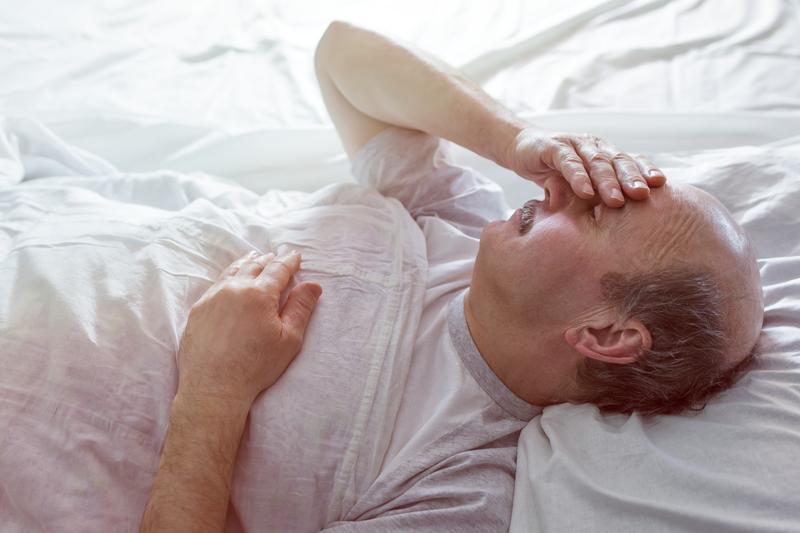The world is facing an unprecedented health crisis of deadly Coronavirus. The risk of life and speed of the spread of the COVID-19 pandemic through human-to-human contact has forced the working-class to work from home. The work-from-home has several advantages, but it has started showing some strange issues related to sleep, especially with peoples in their 50s. If you are noticing restlessness in sleep, daytime sleepiness or loud snoring, then you should talk to your doctor as you might be suffering from sleep apnea.
We are biologically and socially conditioned to work in a defined style and setup, like morning to evening highly-intensive work followed by a period of relaxation and sleep. But this sudden change in the form of work-from-home is changing the way our body functions due to change in routine. Experts believe that this will have a deep impact on people’s behavior, attitude, and of course sleep. If you are already suffering from sleep apnea, then you have to be a little more cautious as a new life-style might worsen the situation.
What is Sleep Apnea?
Sleep apnea is simply a sleeping disorder related to involuntary pause in breathing. Although, it is not a disease it can cause severe complications related to lack of sleep, like laziness, stress, anxiety, indigestion among many others. The pause in breath could be due to blocked olfactory path or due to slow brain signaling. Since you are working from home you might be consuming more calories with far less physical activity added by frequent rest sessions. This could worsen the sleep apnea.
There is nothing wrong with this lifestyle, but this change triggers the brain to act differently resulting in passive response when it comes to sleeping. Your lack of exposure to the external world and low metabolic activity could block your olfactory canal, thus making you an acute case of obstructive sleep apnea. This could be more problematic for those who are in the 50+ year age group.
Am I Suffering from Sleep Apnea?
Irrespective of the types of sleep apnea, the symptoms could be:
- A sudden increase in loudness of snoring
- Pause in breathing, may be repetitive
- Feeling the shortage of airflow
- Dry mouth
- Heavy head in the morning
- Lack of sound sleep
- Fatigue and daytime sleepiness
- Lack of focus and attention
- Anxiety
- Digestive disorder
How to Manage Sleep Apnea while Working From Home
Sleep apnea is all about blockage in the olfactory canal or slow neural response. Since your lifestyle changes, while working from, you should pay special attention to metabolic activities to keep sleep apnea at bay or in control.
- Follow your normal routine of wake and sleep
- Increase your daily exercise regimen, but slowly
- It is better to practice yoga for breathing control
- Let your mind be conditionally closer to the office set up so that it could trigger the right response in the right time
- Don’t change your eating habit and schedule, as it induces the need for relaxation
- Avoid eating a high-calorie diet
- If you feel sleepy in the afternoon, avoid it as much as possible
- Add diversity in your routine to monotony and boredom.
- If possible, try to warm up your body in the evening
- It is better to finish dinner as early as possible
- No nicotine as this boosts fluid retention and inflammation in the olfactory path. This worsens sleep apnea.
- Say no to alcohol as this relaxes nasal and throat muscles resulting in obstructive sleep apnea
Work from home is a new reality and it is likely to be new-normal in the near future. So, it is better to know about your sleep apnea problem and adopt a healthy lifestyle. Your small and timely intervention could save you from several life-threatening diseases. Sleep Well!
If you need further help or advice, give us a call. TriBeCa Care is happy to be by your side. Request a callback or Call us at + 913366064208.Email us at enquiry@newwpsite.tribecacare.com

